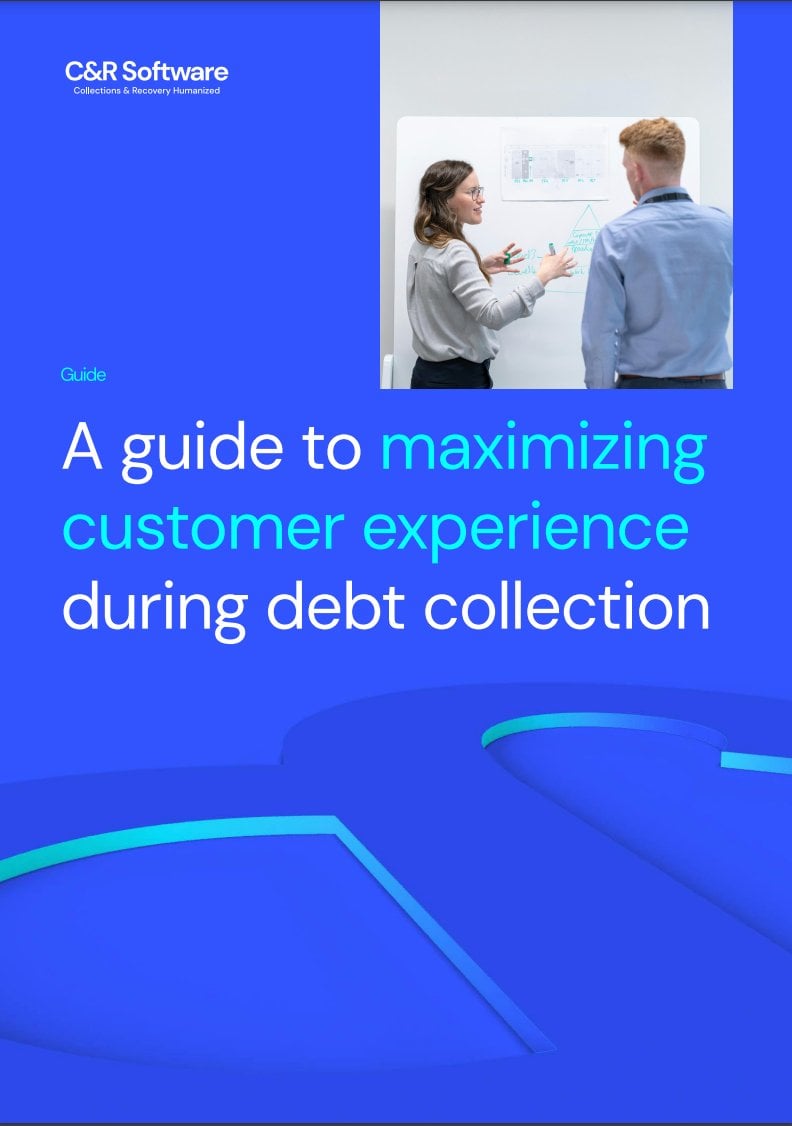The UK is facing a shift in the expectations of financial services and firms in light of the rising financial strain faced by customers. Businesses are now expected to provide a range of benefit-focused outcomes for their customers to be compliant, outlined in the requirements of the Consumer Duty.
The Duty represents a development of the UK’s financial standards to protect customers from the ongoing cost of living crisis. In this article, we define the requirements of Consumer Duty, the implications it has on financial firms and services, and what it means for businesses both inside and outside the UK.
What is Consumer Duty?
It’s a new set of regulations set by the UK’s Financial Conduct Authority (FCA) that applies to financial services and firms. One of the main factors driving these new standards is the rise of financial challenges customers are facing with the increasing cost of living. The FCA reported that 4.2 million people issued bills or loan payments in at least three of the six months between August 2022 and February 2023.
Consumer Duty is a continuation of the FCA’s Treating Customers Fairly (TCF) mandate that protects customers from unfair treatment. It extends the requirements of TCF by outlining clearer standards for consumer protection, and ensures firms provide good outcomes for their customers. This has a direct impact on collections and recovery businesses that must provide benefit-focused outcomes to be compliant with new regulations.
What are the desired outcomes of the Consumer Duty?
- Products and services - Financial firms have a responsibility to provide customers with a service that is right for them. In the context of collections, this means that customers must be provided with payment plans and offers that are right for their individual needs, and should result in a beneficial outcome.
- Price and value - Financial firms must provide services at the right value and price that suits the individual needs of customers. This directly relates to interest rates, missed payment penalties and loans; they need to be at the right rate depending on the customer to be fair and result in benefits for them.
- Consumer understanding - Customers need to be aware of all the necessary information surrounding collections, and be given clear advice to make educated decisions that will benefit them. Financial firms need to provide customers with payment plans based on the fact that consumers understand the situation and can confidently choose what is right for them.
- Consumer service - Customers should be given a consistent and high level of service at each stage of the collections process. Financial services should be transparent with their decisions and offers, reply to customers within a short period, and make it as easy as possible for them to leave if they wish to.
What does Consumer Duty mean for collections and recovery businesses?
The desired outcomes of the Duty puts a significant emphasis on humanizing the collections and recovery process, and placing customer-centricity as a priority. You need to build a trustworthy relationship with your customers by providing individual solutions to hurdles that vary between each one. Moreover, you need to be equipped to provide advice, guidance and account specific payment options in a short period of time.
Through providing the Duty’s benefit-focused outcomes for your customers, you will inevitably see a higher rate of customer retention, enhanced collections performance and an efficiency boost to hitting KPIs. Because of this, businesses outside of the UK can greatly benefit from implementing the same level of customer-centricity, proven by the US, Singapore and Australia keeping a close eye on its effects to various industries; the Duty is more than just compliance, it is about strengthening the relationship you share with your customers.
Humanize your processes and enhance customer-centricity with Debt Manager
Providing your customers with the four benefit-focused outcomes of the Duty is no small order. You need a configurable collections and recovery platform that seamlessly integrates with your existing systems to be efficient, effective and fast when dealing with different accounts and situations; you need the Debt Manager.
C&R Software’s industry leading Debt Manager platform hosts a range of features that humanizes the customer journey at each step. It has complete omnichannel support that integrates with ML and AI-powered tools to automate treatment paths and payment offers to customers based on their characteristics and account data. This directly results in providing customers with offers that benefit them in a fast and efficient manner, whilst also providing agent contact when it is needed for additional guidance.
To find out more about how Debt Manager can help you fulfill the four benefit-focused outcomes of the Duty and humanize your collections process, contact us today.
.jpg)
.jpg)



-Jan-20-2026-02-48-49-6447-PM.png?width=352&name=operationalize%20AI%20(15)-Jan-20-2026-02-48-49-6447-PM.png)

-Jan-28-2026-02-16-48-0429-PM.png?width=352&name=operationalize%20AI%20(14)-Jan-28-2026-02-16-48-0429-PM.png)